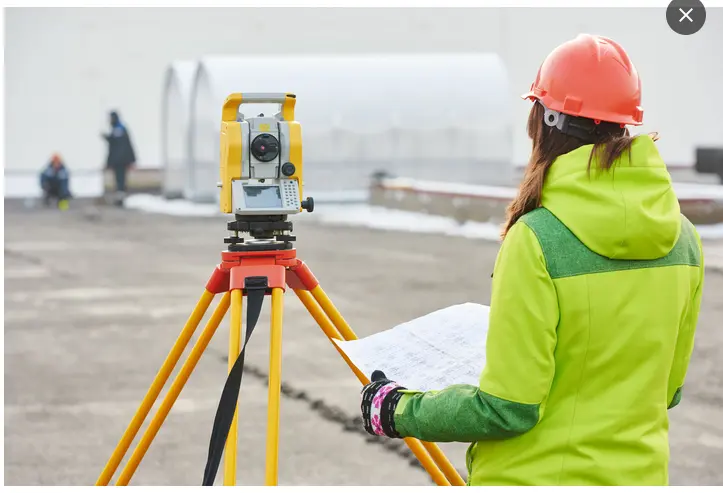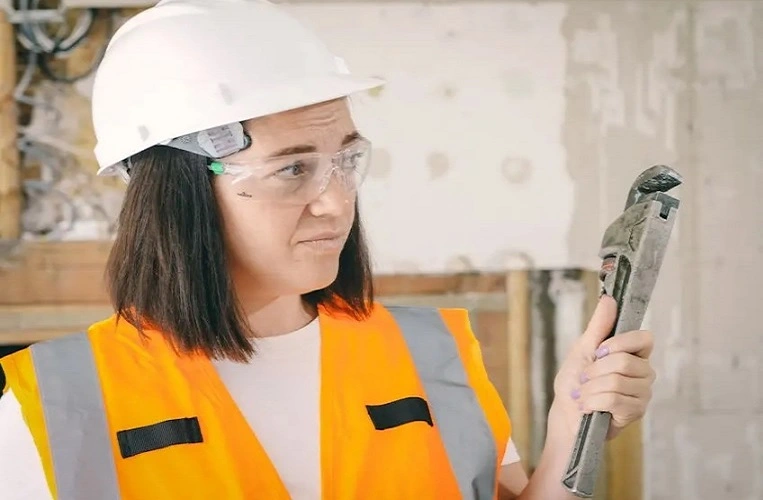Non-degree apprenticeships offer a good route into surveying for people who may wish to go to something other than university. They combine full-time paid work with the study of a qualification.
Apprentices aligned to the business services route group were likelier than those aligned to other routes to say they knew their standard.
Working Conditions
Working conditions in a surveyor apprenticeship vary. You can expect to work in an office environment with regular fieldwork, site visits, or on construction projects. Working hours are typically 9 am-5 pm, with occasional weekend and shift work.
During your apprenticeship, you will be paid a salary and expect to receive full healthcare and educational expenses covered by your employer.
At the end of your surveying apprenticeship, you may pursue a career as a rural chartered surveyor and progress into a role that involves negotiating compensation claims, liaising with landowners, and working on large compulsory purchase projects.
Alternatively, you could take on managerial or partnership responsibilities within your organization. You will be expected to complete professional development training and Continuing Education activities.
You must also pass an end-point assessment through your employer and the Chartered Institute of Surveyors (RICS).
Learning Opportunities
Surveyor apprenticeships can be a path to a middle-class career that can be more affordable than a college degree. Some state governments are investing in apprenticeships by creating incentives, including tax credits and tuition assistance. Others are developing intermediary organizations that connect schools, training programs, and employers.
For instance, some organizations offer drone training Rancho Cucamonga CA that may help sponsor apprentices to help them find jobs and careers in the industry.
People seeking an apprenticeship should check with public agencies and trade groups that provide internships on a regional basis.
A non-degree surveying apprenticeship offers full-time work and education, often accredited by the Royal Institution of Chartered Surveyors (RICS).
It’s a good choice for someone who wants to avoid the cost of university study but also doesn’t want to stop working in the field.
Applicants should be prepared to work hard and learn on the job. They should also expect to be physically fit, as the work is outdoor-based and sometimes involves hiking or walking over rugged terrain.
Assessment
Surveyors use geometry, algebra, and GPS devices to measure land, determine property lines for deeds, and produce topographic maps. They also provide advice and recommendations to clients on land, property, and construction.
Some surveyors work for private construction companies developing residential or commercial projects, while government agencies employ others.
Apprentices can progress in their careers and become fully-fledged chartered surveyors with the support of their employers, training providers, and end-point assessment organizations.
However, some apprentices needed clarification about what they could expect when choosing an apprenticeship and their online and in-person learning levels.
This was particularly the case for apprentices under 22 and those aligned to the engineering, construction, and transport route group. In general, apprentices were positive about the support they received to help them achieve their qualifications.
Work Experience
A surveyor apprenticeship is a great option for people who want to get started in the industry and gain hands-on experience while they earn a salary.
Depending on the type of apprenticeship, it can take one to six years to complete, and apprentices receive a full-time wage with health benefits and paid vacation time.
Building Surveying Apprenticeship is a unique qualification that combines vocational skills and workplace practice with academic, research-rich learning.
This route provides the opportunity to gain a fully accredited degree and, with the right level of experience, can lead to membership in the Royal Institution of Chartered Surveyors (RICS).
Land surveyors use their skills to lay out high-rise buildings, freeways, residential developments, dams, waterways, airports, and tunnels.
They also do specialized work such as boundary surveys, ALTA/ACSM land title surveys, and deformation surveys.




